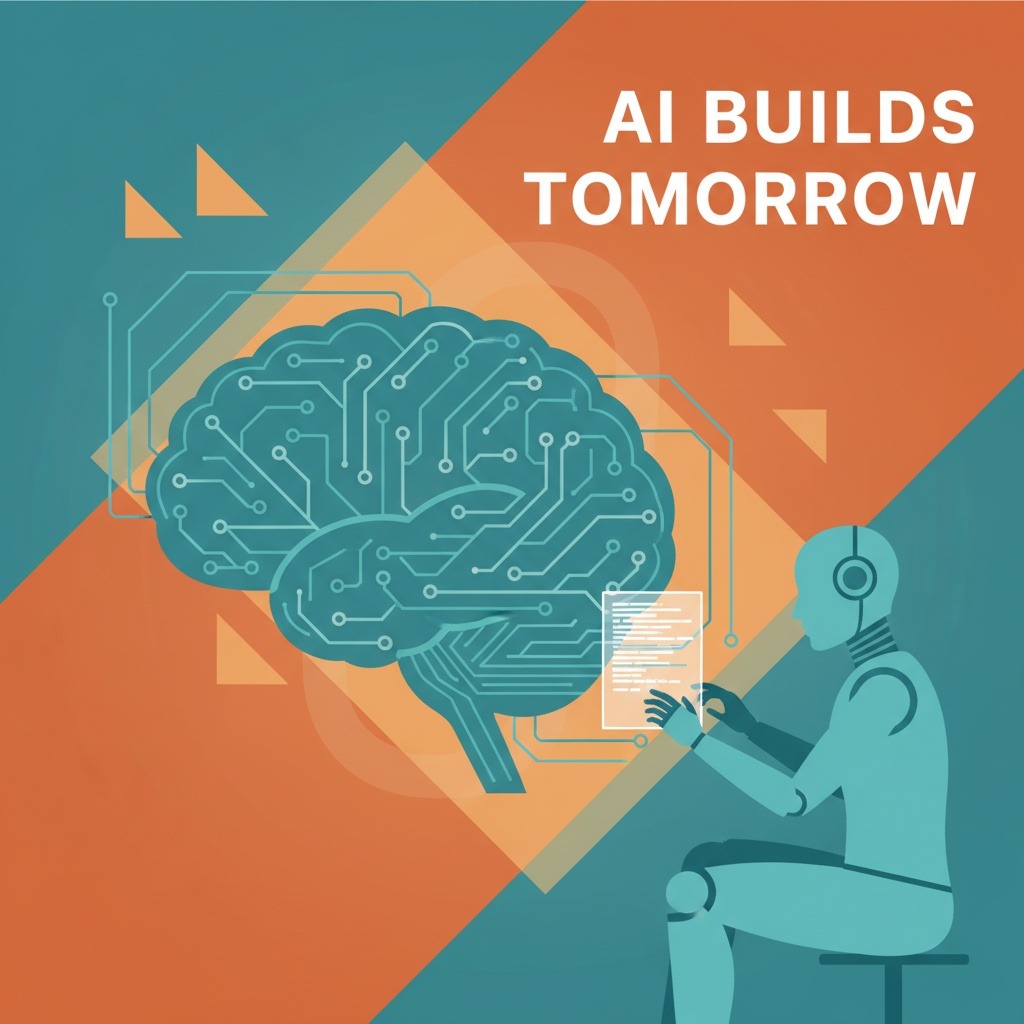The Internet Computer (ICP), a blockchain initiative carving out its niche in the decentralized technology space, is making significant strides by positioning itself as the leading platform for on-chain artificial intelligence (AI) development. This ambitious move could mark the dawn of a revolutionary tech stack where AI takes center stage as the main builder of applications, according to Dominic Williams, founder of its developer, Dfinity.
In a recent discussion with CoinDesk, Williams highlighted the notion that while current cryptocurrency markets are predominantly influenced by factors such as treasury management, liquidity movements, and speculation, the true value of blockchain technologies will eventually surface. “In the long term, market dynamics will align with the foundational realities of the technology,” he noted. However, he added that this transformative potential is yet to be reflected in the market price of ICP.
The Internet Computer has already showcased its capability to run neural networks as smart contracts, with initial demonstrations occurring in April of the previous year. These experiments began with basic tasks like image and facial recognition, providing a proof-of-concept that AI can operate natively within blockchain environments. Williams emphasized that no other blockchain has accomplished this feat, even amidst the growing conversation around “decentralized AI.”
In contrast to other platforms that exploit off-chain services such as Amazon Web Services, Internet Computer intends to unify the entire AI development and execution process on-chain. Williams described this innovative approach as creating “a self-writing internet,” where users articulate their needs, and AI generates fully functioning applications hosted directly on the Internet Computer. This forward-thinking model envisions a future in which AI replaces traditional developer tasks—eliminating the requirement for humans to write code, manage databases, or maintain servers. Instead, AI could generate, update, and reinforce applications almost instantaneously, fortified by blockchain’s intrinsic guarantees.
Furthermore, Internet Computer’s unique infrastructure, which includes features like “reverse gas”—where developers absorb the computational costs of their applications instead of passing transaction fees to end users—removes various hurdles common in traditional application development, such as firewalls and database migrations. “AI is constructing applications at a pace that far surpasses human capabilities,” Williams asserted. “With no system administrators in sight, blockchain’s protective measures become essential.”
Williams also cited instances from hackathons demonstrating the platform’s versatility, where everyday individuals utilized AI on Internet Computer to develop diverse applications ranging from a community-driven pothole-mapping tool to a service for crafting wills and health directives. The objective is to enable a proliferation of such tools, allowing entrepreneurs, small businesses, and even non-profit organizations to create tailored applications without requiring deep technical knowledge. Users would pay for these services in fiat currency, supported by crypto tokens operating in the background.
Despite these promising advancements in AI integration, the price of the ICP token has not yet garnered substantial traction. Initially, there was a surge in value when AI features were announced last year, but it has since aligned more closely with overall market trends rather than direct user adoption. Williams acknowledges this market-price disconnect but anticipates that it may correct in the near future.



